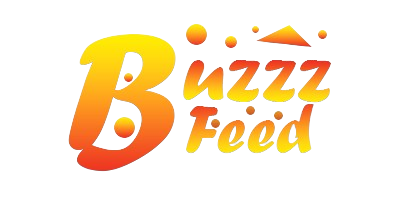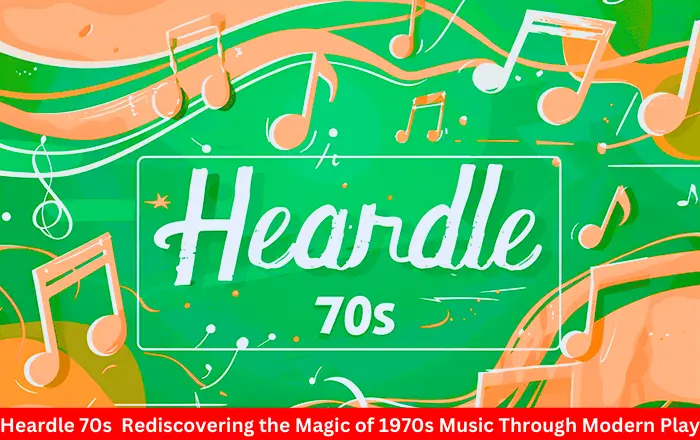The Heardle 70s marked an era of vibrant musical experimentation and iconic cultural shifts. From the disco fever to the raw energy of punk rock, this decade has shaped an enduring legacy in the music history books. Fast forward to today, and the spirit of the 70s is being revived through innovative digital platforms like Heardle, a music guessing game that challenges users to identify songs from brief audio clips. In this post, we’ll dive into the nostalgic journey of Heardle 70s, exploring how it reconnects modern audiences with the legendary sounds of the 1970s.
The Rise of Music Games A Modern Resurgence
Music-based games have surged in popularity, combining entertainment with an engaging challenge. Heardle, a variant inspired by the word-guessing game Wordle, captures this trend by focusing on the auditory senses rather than words. The game’s simple premise—guess the song from progressively longer clips—hooks players and keeps them returning for more. This format not only entertains but also educates new generations about classic hits.
Why the Heardle 70s?
The Heardle 70s was a decade rich with musical diversity. From the smooth melodies of Stevie Wonder to the groundbreaking glam rock of David Bowie, the era offered something for every taste. Disco dominated the latter half of the decade, with artists like Donna Summer and the Bee Gees defining the genre. Rock saw monumental albums from bands like Led Zeppelin and Pink Floyd. Meanwhile, punk rock burst onto the scene as a rebellious response to the status quo, led by bands such as The Ramones and The Sex Pistols.
Heardle 70s taps into this eclectic mix, providing a daily puzzle that spans genres and styles. This makes it a fantastic educational tool for music lovers to discover or rediscover the decade’s rich soundscapes.
How Heardle 70s Enhances Music Appreciation
Heardle 70s isn’t just a game; it’s a gateway to a deeper appreciation of music. Each day’s challenge may prompt players to research songs, artists, and the history surrounding the tracks. This can lead to a better understanding of the evolution of music and the socio-economic factors influencing the artists of that time. Moreover, for those who lived through the 1970s, Heardle offers a delightful dose of nostalgia, reconnecting them with tunes that might have soundtracked their younger years.
The Social Aspect of Heardle 70s
Social media has played a pivotal role in Heardle’s rise to popularity. Players often share their daily scores on platforms like Twitter and Facebook, fostering a community of music lovers discussing their guesses, favorite bands, and memories of the songs. This social sharing amplifies the reach of 70s music, introducing it to a broader audience that might not have explored it otherwise.
Challenges and Learning Opportunities
While Heardle 70s is a fun and interactive way to engage with music, it also presents learning opportunities, particularly for younger generations. For many, the game serves as a first introduction to the music of the 1970s. It encourages exploration beyond the game, as players might feel compelled to create playlists, read about the artists, or attend retro music nights inspired by the songs they encounter.
Conclusion
Heardle 70s offers more than a daily musical challenge—it celebrates a transformative decade in music history. It bridges generations, educates its players, and revives the timeless tunes that have shaped today’s music landscape. As digital platforms continue to evolve, games like Heardle demonstrate how technology can be harnessed to keep the rich heritage of past music alive and kicking. Whether you’re a lifelong fan of the 70s or a newcomer to its delights, diving into Heardle’s daily puzzle is a perfect way to explore the richness of this pivotal decade in music.
By engaging with Heardle’s 70s, users test their musical knowledge and contribute to a more significant cultural appreciation of a decade that significantly shaped the music industry. It’s a nostalgic, educational, and thoroughly enjoyable journey through the past, powered by future technology.






